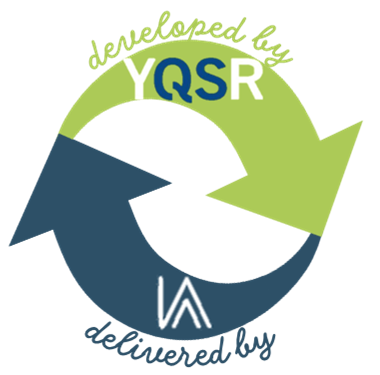Second Victim Support
Share
In A Nutshell:
‘Second victim’ refers to healthcare workers impacted by patient safety incidents, which if left unaddressed can have a negative impact on wellbeing. Provides links to a website resource with key information and signposting. It was developed in conjunction with the Yorkshire Quality and Safety Research Group.
Research team: Professor Rebecca Lawton, Iona Elborough-Whitehouse, Ruth Simms-Ellis, Vicky Padgett, Jayne Marran, Dr Gillian Janes
Click here to access the Second Victim Support website
Rationale:
‘Second victim’ is the term used to refer to healthcare workers who are impacted by patient safety incidents. Whilst patients and families will always be the first priority following safety incidents, the wellbeing of staff involved is often overlooked but can leave staff lacking confidence, unable to perform their job, requiring time off, or leaving their profession.
There is existing evidence on the importance and effectiveness of support programmes for such staff and their potential to counter the negative impact outlined above to result in a more positive impact for staff and patients alike.
Overall plan:
To develop a website resource that provides key information and signposting for:
- second victims
- colleagues and managers wishing to help an individual in this situation
- those seeking to develop more strategic, organisational and system-level support.
The website has been developed with key stakeholders such as the Improvement Academy and the Royal College of Physicians as well as second victims themselves. For example, it will include a selection of short videos in which staff share either their personal experience post-incident, including what helped or hindered this and tips for others, or how they supported a team member or colleagues in this situation.
The website was launched at the end of 2018/early 2019, user evaluation and feedback has been and will continue to inform its ongoing development.
Note: volunteers can be filmed discussing their experiences with a development team member during a structured conversation or have these portrayed by an actor. The main focus is on the individual’s experience post-incident, what helped or hindered this and tips for others.
